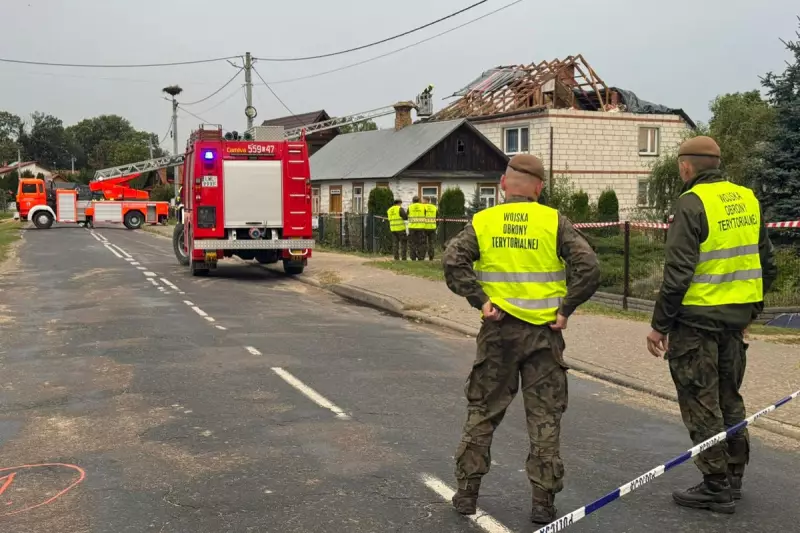
Polish Prime Minister Donald Tusk has launched a scathing critique against former US President Donald Trump, branding his recent statements on NATO as not just "alarming" but profoundly "dangerous" for the entire Western alliance.
The fiery response from the European leader comes after Mr. Trump suggested he would encourage Russia to aggress against any NATO member that fails to meet its defence spending obligations. This rhetoric has sent shockwaves through diplomatic circles, raising urgent questions about the future of transatlantic security.
A Direct Challenge to Western Unity
Speaking with palpable concern, PM Tusk underscored the critical nature of the moment. "We have to realise the fundamental fact: the West as a whole, and Europe in particular, is in danger," he stated, framing the upcoming US election as a pivotal battle for the very soul of the alliance.
His remarks highlight a growing anxiety in European capitals that a potential second Trump presidency could fundamentally undermine the mutual defence pact that has been a cornerstone of global security for decades.
The Stakes for Ukraine and Beyond
The timing of this diplomatic row could not be more critical. With Ukraine locked in a gruelling war of attrition against Russian forces, the nation is heavily reliant on continuous military and financial aid from its Western partners.
Mr. Trump's comments have cast a dark shadow over the future of this support. Tusk warned that any wavering in American commitment would have dire consequences not just for Ukraine, but for the entire free world, potentially emboldening Moscow further.
A Call for Reason and Reaffirmation
In his address, the Polish leader issued a direct plea for rationality and solidarity. "We must become aware that our future, our safety, is in the hands of the American voters," Tusk said, urging for a recommitment to the foundational principle of collective defence.
He called for European nations to bolster their own defence capabilities while simultaneously working to reinforce, rather than fracture, the vital transatlantic bond. This incident serves as a stark reminder that the post-war international order faces one of its most significant challenges to date.





